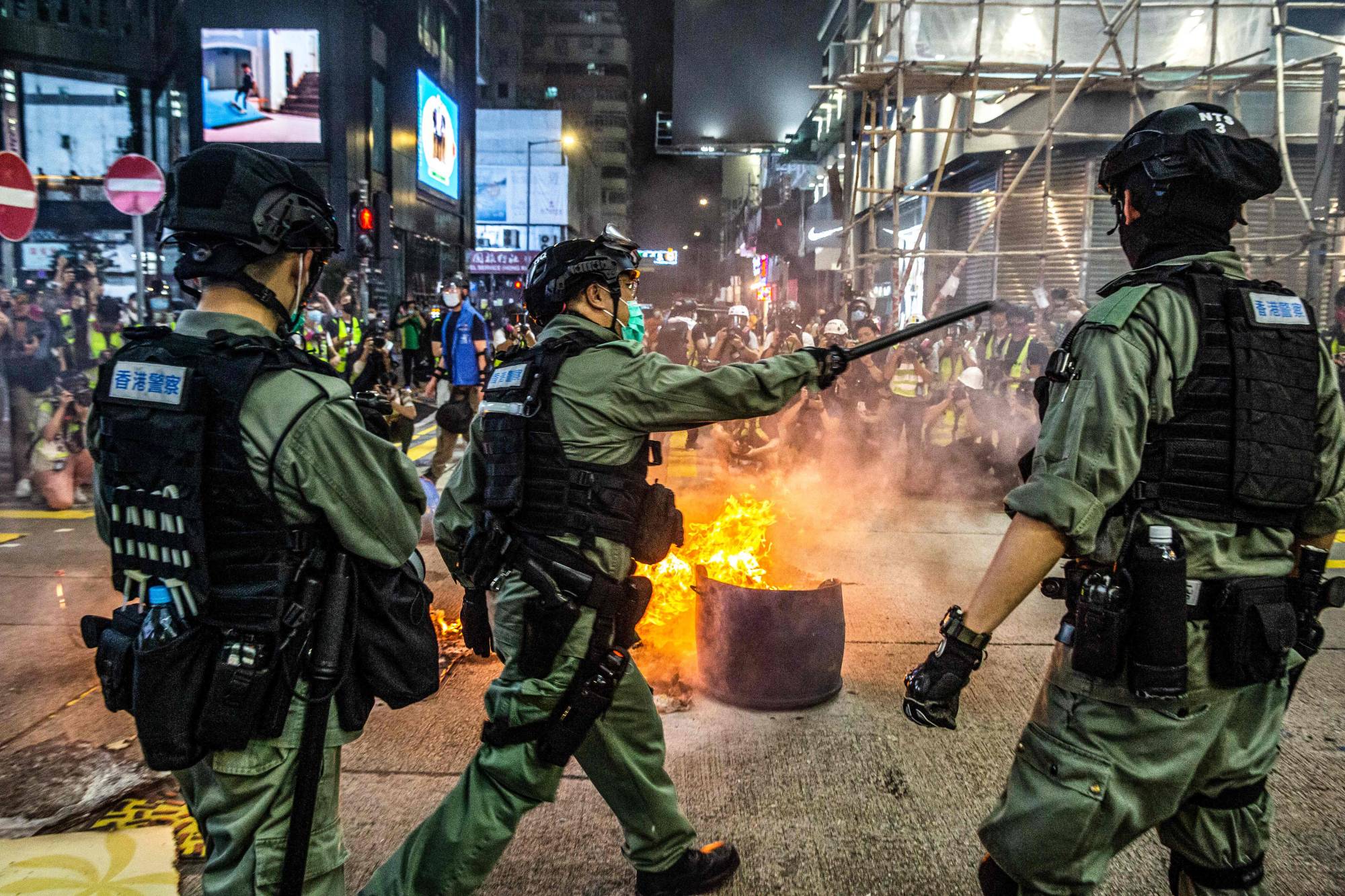Under the United States-Hong Kong Policy Act of 1992, the U.S. treats Hong Kong, a semi-autonomous part of China, differently than the mainland in trade, commerce and other areas. Now U.S. President Donald Trump could rescind that "special status” to punish China for recent moves to tighten its grip on the city amid a resurgence of pro-democracy street protests. In its most extreme form, that would effectively mean treating the global financial hub no differently than any other Chinese city, a seismic shift that could harm both economies at an already difficult time. China has promised countermeasures against any foreign "interference.”
Is the special status in jeopardy?
Possibly. The U.S. president has long had the power to suspend it with an executive order, yet hasn’t. Then came an added pressure: A U.S. law passed last year requires the secretary of state to certify — as part of an annual report to Congress — whether Hong Kong remains "sufficiently autonomous” from Beijing to justify its unique treatment. That includes assessing the degree to which Hong Kong’s autonomy had been eroded by the government of China. (Hong Kong is part of China but has a different legal and economic system, a holdover from its time as a British colony.) On May 27, Secretary of State Mike Pompeo notified Congress that the Trump administration no longer regarded Hong Kong as autonomous from mainland China.



















With your current subscription plan you can comment on stories. However, before writing your first comment, please create a display name in the Profile section of your subscriber account page.